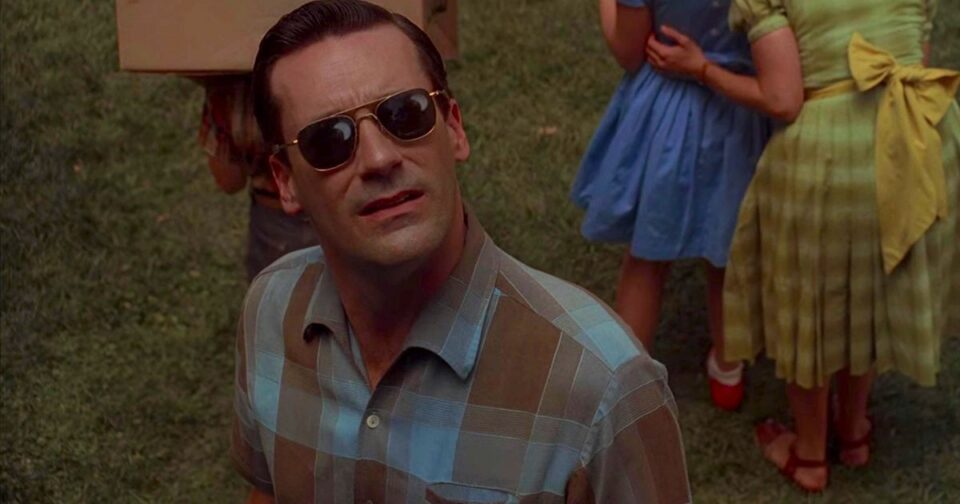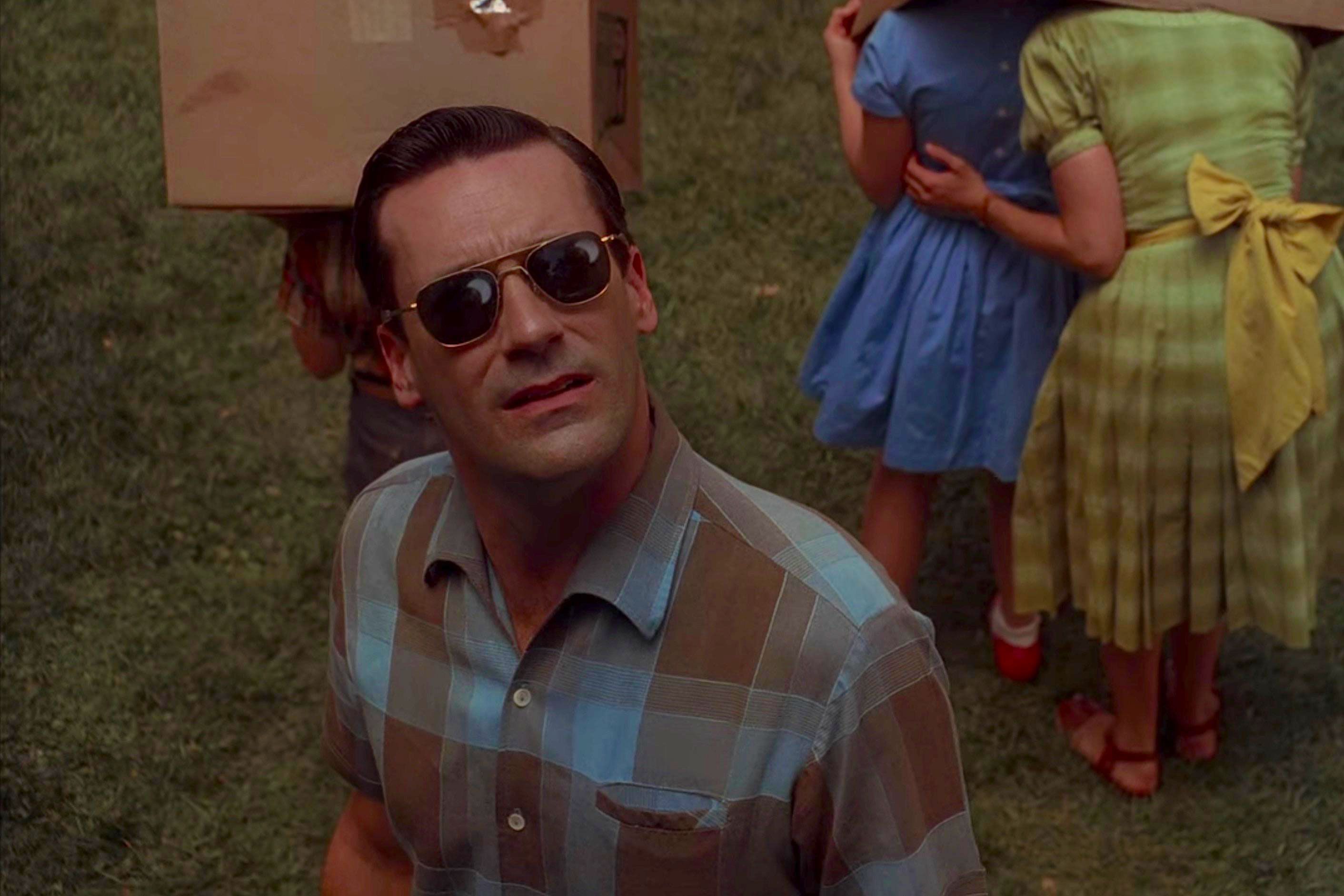
While North America is gearing up for a total solar eclipse on Monday, April 8 — our first since August 2017 — we’ve been thinking about what an eclipse means. In the real world, it pretty much just means that the moon moves in front of the sun for a few minutes and it’s kinda cool to look at, but in the world of cinema and television, it can mean all sorts of things. It can mean a new demon is born or killer is transplanted. It can mean your gods have spared you from being sacrificed or that you’ve accepted your legendary potential. Or it could just mean that you’re a stubborn man-child who can’t help himself from chasing things that will hurt him and those around him. That last one is true in the real world, too, though.
With the eclipse fast approaching, we’re rounding up our favorite eclipses on TV and in movies, from the dramatic and violent to the deeply stupid.
Little Shop of Horrors (1986)
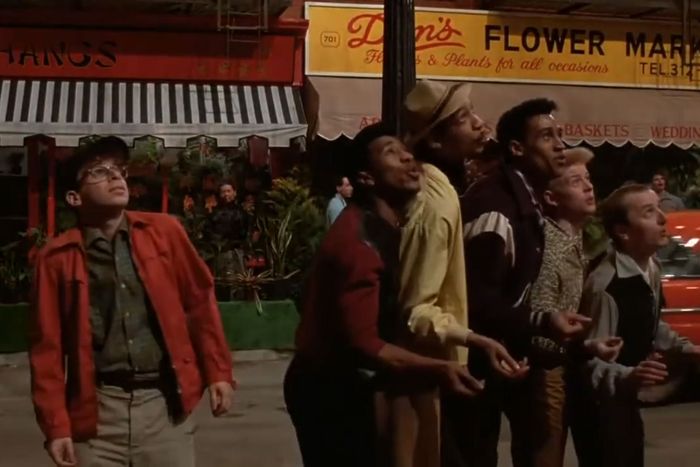
Frank Oz is so much more than just a pretty face. He’s the director of one of the greatest musical comedies and feats of puppetry ever committed to screen, 1986’s Little Shop of Horrors. The entire plot is set into motion when rare plant enthusiast Seymour Krelborn (Rick Moranis at his most nebbish and cute) witnesses a “to-tal-e-clipse-of-the-sun,” as Greek chorus girls Crystal, Ronette, and Chiffon sing it in a song titled just how it sounds: “Da-Doo.” Because this is at its heart a sci-fi B-movie, the eclipse causes a green zap of alien sentient plant-life to arrive on earth, nestled among the zinnias. It was baby Audrey II and baby Rick Moranis’s meet-cute, all set to doo-wop music. This legendary origin story for a legendary movie monster is one of the most consequential cinematic eclipses there is. And certainly the catchiest. —Rebecca Alter
The Simpsons (1989–)

The solar eclipse in “Marge vs. the Monorail” is great because it’s so un-important to the story. Most of this list are eclipses of great significance, magical or useful for vampires, whatever. They’re something, and this one is completely nothing. A throwaway gag in an episode full of them. It’s also great because it lasts about as long as a real eclipse, whereas most plot-supporting eclipses in fiction linger. Not this eclipse. He gets in, he gets out. Leonard Nimoy’s flowery narration is icing on a deeply stupid cake. —Bethy Squires
The Wild Thornberrys Movie (2002)
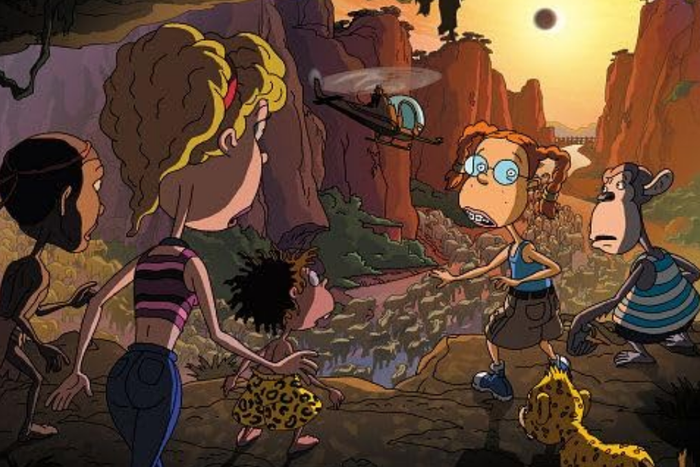
It’s a total solar eclipse in the fictional Tembo Valley of Kenya, and Eliza of the titular Thornberrys is racing against time, enemy, and a herd of stampeding elephants in order to save them from being chased into an electric fence erected by poachers. She’s just lost her secret ability to talk to animals, so she has to rely on heart and wit alone, which luckily she’s got in spades. After thwarting the poachers’ scheme (and surviving their ensuing murder attempt), it’s that very heart that Shaman Mnyambo rewards by restoring Eliza’s powers before the sun reemerges in Tembo Valley. For a movie whose climax raised the bar so dramatically for Nickelodeon Studios, it’s funny to remember that its legacy is (rightfully) a Paul Simon song. —Anusha Praturu
Apocalypto (2006)
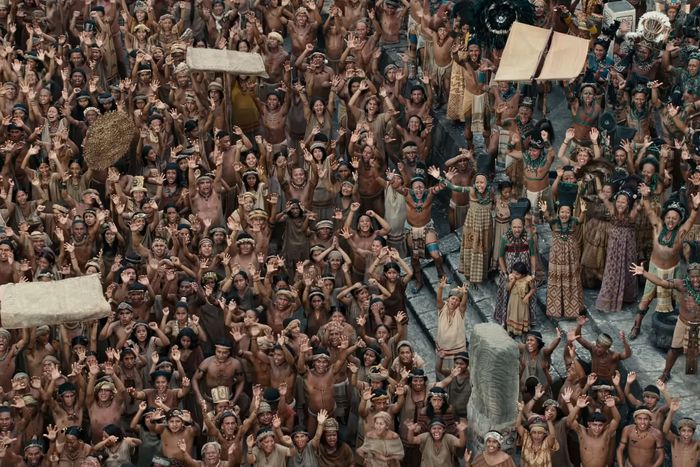
Mel Gibson’s follow-up to The Passion of the Christ was an even bloodier film, though arguably just as spiritual, or spirituality adjacent: Apocalypto, an action picture/chase movie about a young Mayan villager named Jaguar Paw (Rudy Youngblood) who is conscripted for human sacrifice by soldiers in the army of of a decadent and depraved ruler. Upon release, the movie was criticized for historical inaccuracies (for one thing, human sacrifice of the specific sort depicted in the film came late to Mayan civilization, and some historians think it might have been taken from the Aztecs). But it was also praised for its vigorous, often terrifyingly kinetic scenes of violence. The most disturbingly memorable is the scene where Jaguar Paw is laid out by his captors and prepared to have his beating heart cut from his chest before he’s beheaded, and the ritual is interrupted by a solar eclipse. This cosmological intervention is interpreted as a sign that Jaguar Paw and his fellow conscripts should be spared. Because this is a Mel Gibson action film, they don’t actually get spared — they are instead turned loose to be used as human targets for javelin practice, a horror that Jaguar Paw escapes, and that lets Apocalypto transform itself into a lengthy foot chase through the jungle, culminating in a final scene that’s as appallingly funny as the one that ended the original Planet of the Apes. —Matt Zoller Seitz
Mad Men (2007–15)

You’re forgiven for forgetting the solar eclipse in Mad Men. Unlike the world-altering eclipses of sci-fi epics like 2001: A Space Odyssey or Rogue One, it’s a delightfully dull non-event in Mad Men as Don Draper lazily flirts with his kid’s teacher as if it were any other day. (We don’t even see the eclipse!) Still, the sun disappears at an ominous point in Don’s soul-corroding journey through the ’60s: Betty is meeting her future husband; Peggy is looking to move on from Sterling Cooper; he’s planting the seeds of his affair with Ms. Farrell; his professional freedom is slipping through his fingers. So many of the losses and failures that would eventually catch up to him were foreshadowed by the sun disappearing that Saturday afternoon. The eclipse was life-altering after all; Don just never bothered to really look. —Nic Juarez
Berserk (2016)
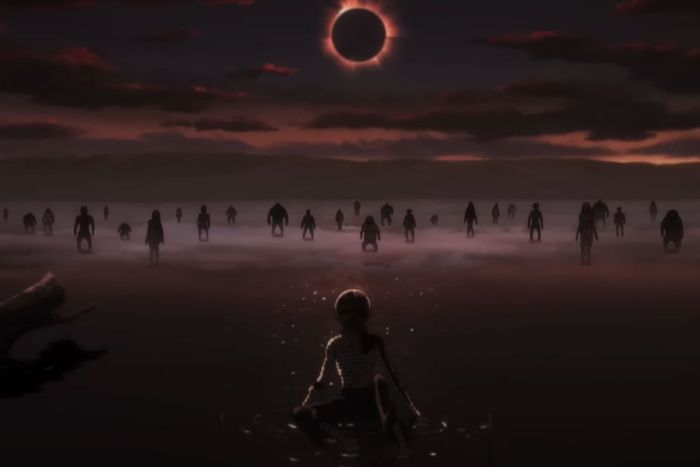
During an eclipse that recurs every 216 years in the world of Berserk, a new member of the the demon council the God Hand is born. This show, based on the manga by Kentaro Miura, is one of the darkest fantasies ever created, and its episode “Eclipse” sets the stage for an all-time downer, cliffhanger ending. We don’t need to get into all the grisly and perverse shit that goes down. Suffice to say that Berserk uses this natural phenomenon as an occasion for torturous supernatural horror. “Eclipse” doesn’t just darken the skies, it transports the antihero Guts to another world dominated by demonic forces and temptation. There he loses almost everything he loves, watching his friends and found family suffer and die. Guts survives, sets off on a path of vengeance, and then, infamously, the show just ends — leaving us with a thousand questions, hopes, and fears. The manga continues his story, illustrating the long path that Guts and his lover, Casca, take to heal and move forward after being violated and haunted by the experience. But the darkness is never far from their minds. —Eric Vilas-Boas
The Kid Who Would Be King (2019)
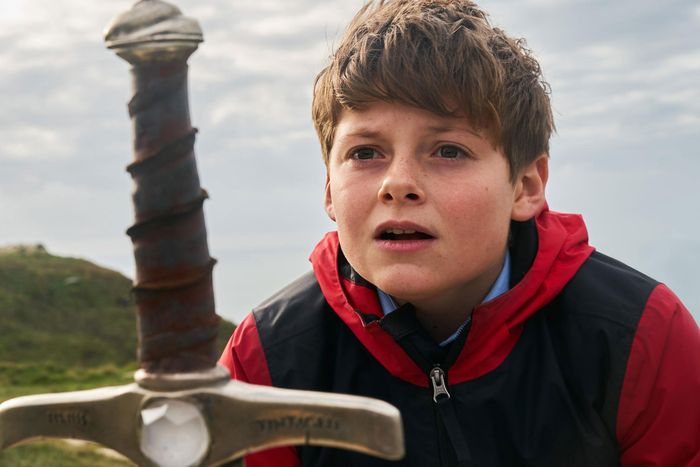
Now that everyone’s obsessed with Rebecca Ferguson as Lady Jessica in Dune, can we get people to watch the very winning The Kid Who Would Be King, in which she also plays a witch with dubious intent? The film follows 12-year-old Alex (Louis Ashbourne Serkis, son of Andy) who is struggling to fit in at school and finds the famed Excalibur sword one day on his walk home. Alex retrieving the sword from the stone sets off a series of events involving sorceress Morgana (Ferguson) and wizard Merlin (played in youth by Angus Imrie and in older age by Patrick Stewart), and leads to a massive battle sequence set against a total solar eclipse. The details are what make this scene so special: an army of kids turned into knights, wearing armor and special eclipse-viewing glasses; Ferguson slinking, smirking, and generally being a very hot menace (this was the same year she made Doctor Sleep!); and the pure-hearted sincerity Serkis’s Andy and the films’ other school-aged outcasts bring to their effort to save the world. The adult supporting cast is stacked (Andor’s Denise Gough and Genevieve O’Reilly, Ted Lasso’s Nick Mohammed), but the film really works because of how fully it puts us within Alex’s feelings of loneliness and uncertainty and then pulls us out of it thanks to, of course, the beauty of friendship, shared goals, and belonging. It’s good, it’s cute, please don’t make us use the Voice on you to force you to check it out. — Roxana Hadadi
By Vulture Staff , 2024-04-06 00:12:51
Source link
